Is It Better To Swim Longer Or Faster?
When it comes to swimming, the age-old question of whether it’s better to swim longer or faster is a bit like asking if kaya toast is better with more kaya or thicker bread — it really depends on your taste, your goals, and sometimes, your mood. At HydroSplash Swimming Academy, this debate isn’t just theoretical; it shapes how training is customised for each swimmer, from complete beginners to seasoned athletes looking to fine-tune their performance.
Understanding the Difference Between Swimming Longer and Swimming Faster
Swimming longer is all about endurance. It’s where you settle into a rhythm, keep your pace steady, and let your body adapt to sustained effort. Swimming faster, on the other hand, is about pushing your limits in short bursts, developing explosive strength, and honing technique under speed pressure. Both approaches bring value, and neither can claim the ultimate crown — they complement each other in building a well-rounded swimmer. At HydroSplash Swimming Academy, training sessions often incorporate elements of both, even for those enrolled in our adult swimming lessons, ensuring no swimmer misses out on the benefits.
When Swimming Longer Might Be Better
If your goal is to build stamina, improve cardiovascular health, or simply enjoy a meditative rhythm in the water, longer sessions might be your cup of teh tarik. Endurance swimming strengthens your heart, boosts lung capacity, and trains your muscles to work efficiently over extended periods. It’s also a solid choice for triathletes or anyone preparing for open-water events. For learners at HydroSplash Swimming Academy, coaches introduce longer swim sets gradually, making sure the body adapts without unnecessary strain — a principle covered in our article on how to overcome aquaphobia, since building comfort in water is just as crucial as building endurance.
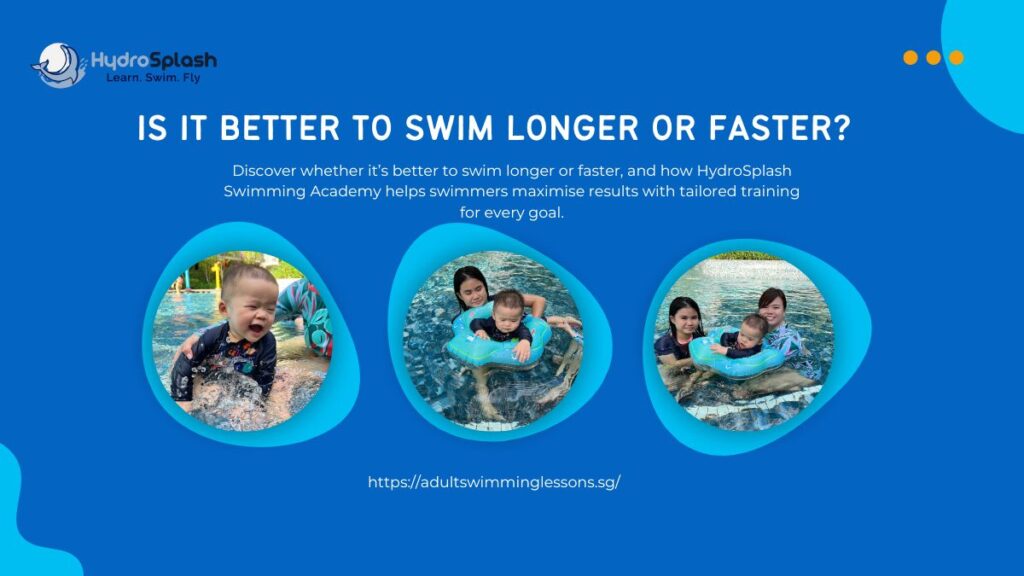
When Swimming Faster Might Be Better
Speed training is perfect for those aiming to improve race times, sharpen reflexes, or break through performance plateaus. Sprint sets challenge your body’s anaerobic system, developing power, precision, and a keen sense of pacing. Shorter but more intense swims also help identify and correct technical flaws, as any inefficiency in your stroke becomes glaringly obvious when you push the pace. At HydroSplash Swimming Academy, these sessions are tailored so swimmers can push their boundaries without risking injury — a fine balance between performance and safety.
Why the Best Approach Combines Both
Much like balancing your diet with both vegetables and dessert, a truly effective swim program blends endurance and speed work. Longer swims lay the foundation for stamina, while faster intervals fine-tune your efficiency and power. HydroSplash Swimming Academy’s structured training plans ensure swimmers of all ages get the best of both worlds, with coaches adapting drills to suit the swimmer’s current skill level and future ambitions.
Case Study: The Singaporean Junior Swimmer Preparing for Nationals
A recent case at HydroSplash Swimming Academy involved a 12-year-old swimmer gearing up for the Singapore National Age Group Championships. Initially focused heavily on endurance, his lap times plateaued despite increasing distance. After incorporating a balanced routine — combining long swims with targeted sprint sets — his 100m freestyle time improved by 3 seconds in just two months, while his 800m endurance swim also became smoother and more controlled. This balanced approach is what keeps our swimmers adaptable and ready for any challenge.
Finding the Right Balance for Your Swimming Goals
Your ideal balance between swimming longer or faster depends on your objectives. Someone training for open-water marathons will skew toward endurance, while a swimmer targeting a 50m freestyle record will lean into speed. At HydroSplash Swimming Academy, assessments and one-on-one feedback help pinpoint exactly where your training focus should be, ensuring no wasted effort.
How HydroSplash Swimming Academy Helps You Decide
Instead of leaving you to figure it out through trial and error, HydroSplash coaches use proven techniques, stroke analysis, and performance tracking to determine whether you should extend your sessions, push your pace, or integrate both in a structured plan. This personalised guidance has helped countless swimmers — from complete beginners in our adult beginner swimming lessons to competitive youth swimmers — achieve their goals faster and with greater confidence.
The Role of Rest and Recovery
Whether you swim longer or faster, rest and recovery are vital. Overtraining can quickly undo your progress, leading to fatigue, reduced performance, or even injury. HydroSplash coaches ensure rest periods are built into your plan, teaching swimmers how to listen to their bodies — a lesson often overlooked but critical to long-term progress.
Conclusion: The Winning Formula Lies in Balance
So, is it better to swim longer or faster? The truth is, it’s not an either-or question — it’s about finding the mix that aligns with your personal goals, physical capacity, and lifestyle. At HydroSplash Swimming Academy, this balance is not just a concept but a core training philosophy. Through tailored programs, close monitoring, and a supportive environment, swimmers learn to combine endurance and speed in a way that delivers real, measurable results.
If you’re ready to discover your optimal swimming rhythm — whether you want to swim like a marathoner, sprint like an Olympian, or simply enjoy the best of both worlds — it’s time to start your journey with HydroSplash Swimming Academy. Your lane is waiting.
Click on the link to find out more about HydroSplash Swimming. Chat with our representatives today!
About HydroSplash Swimming
Adult Swimming Lesson
Private Swimming Lesson
Kids Swimming Lesson
Whatsapp Us


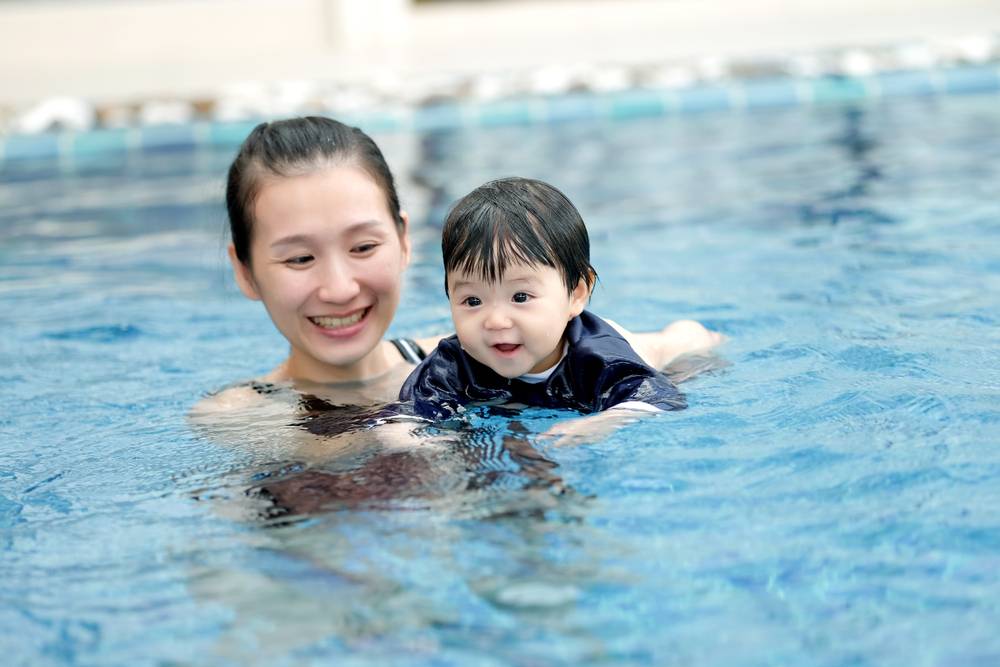
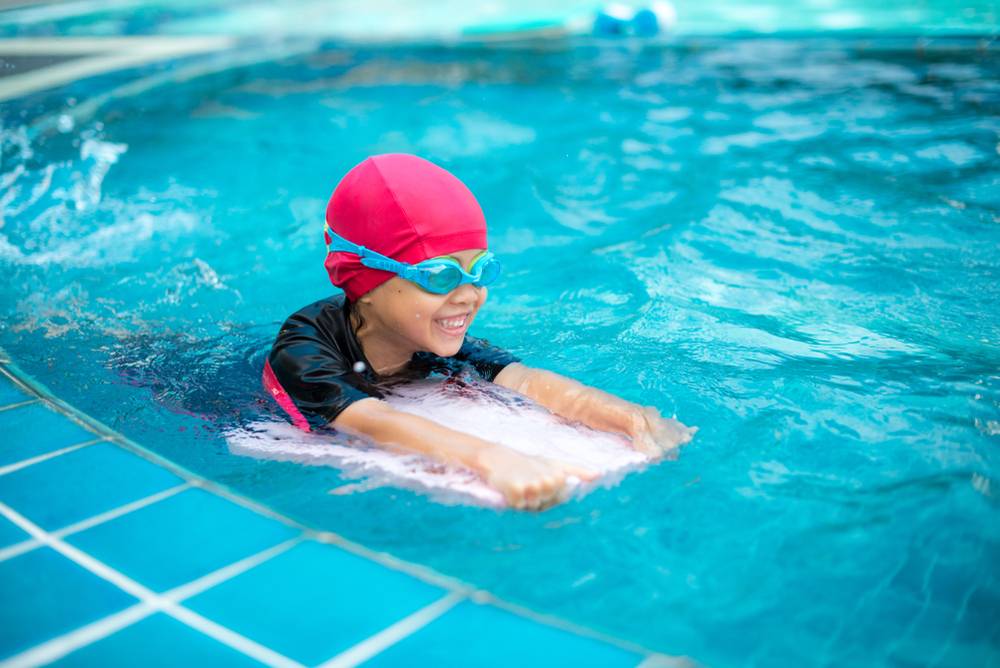

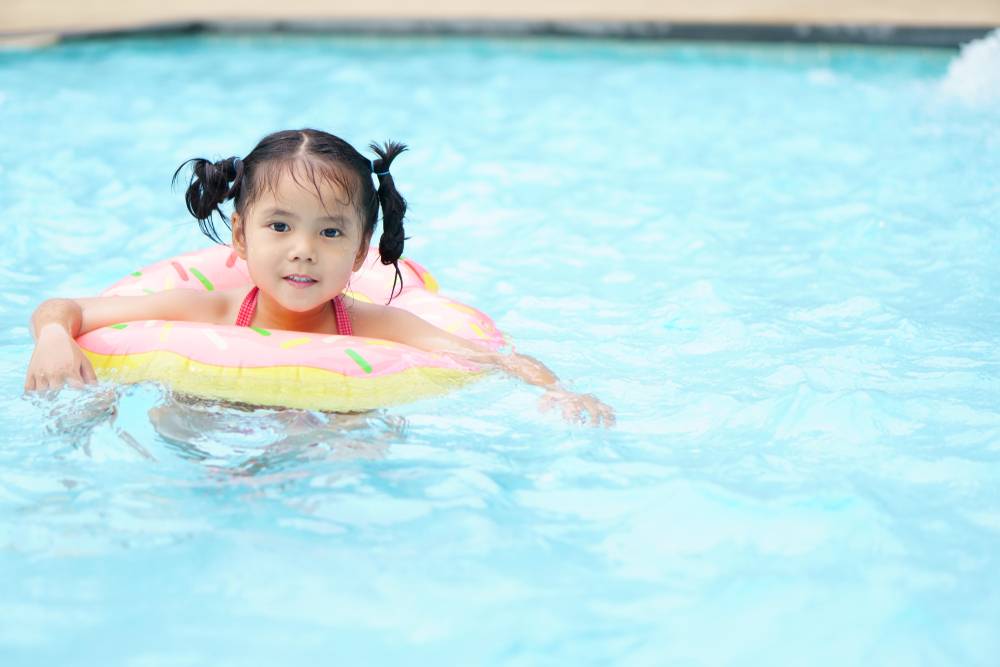
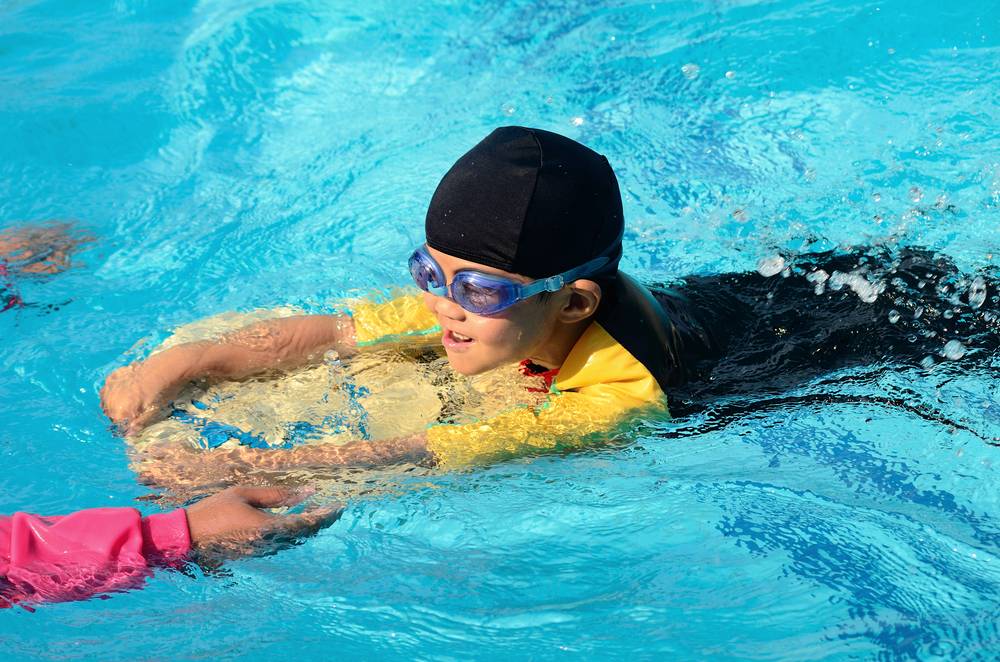
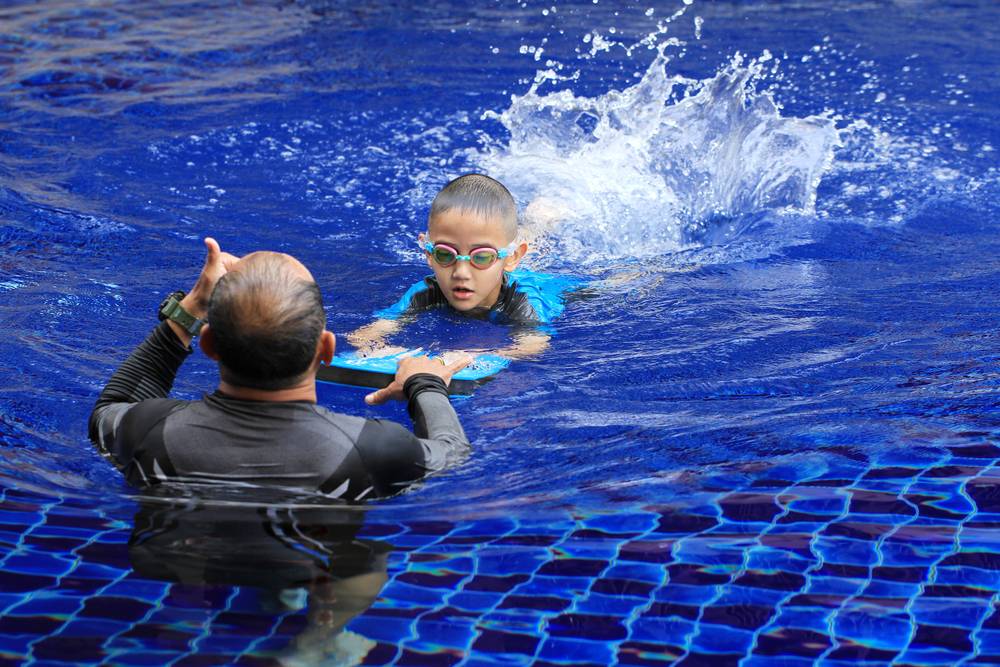
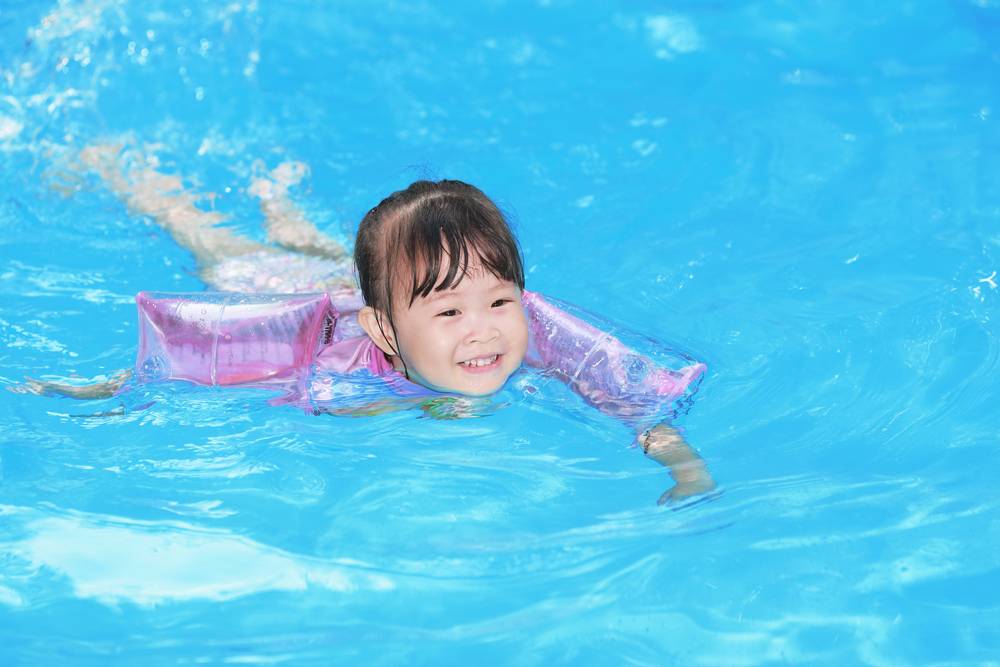
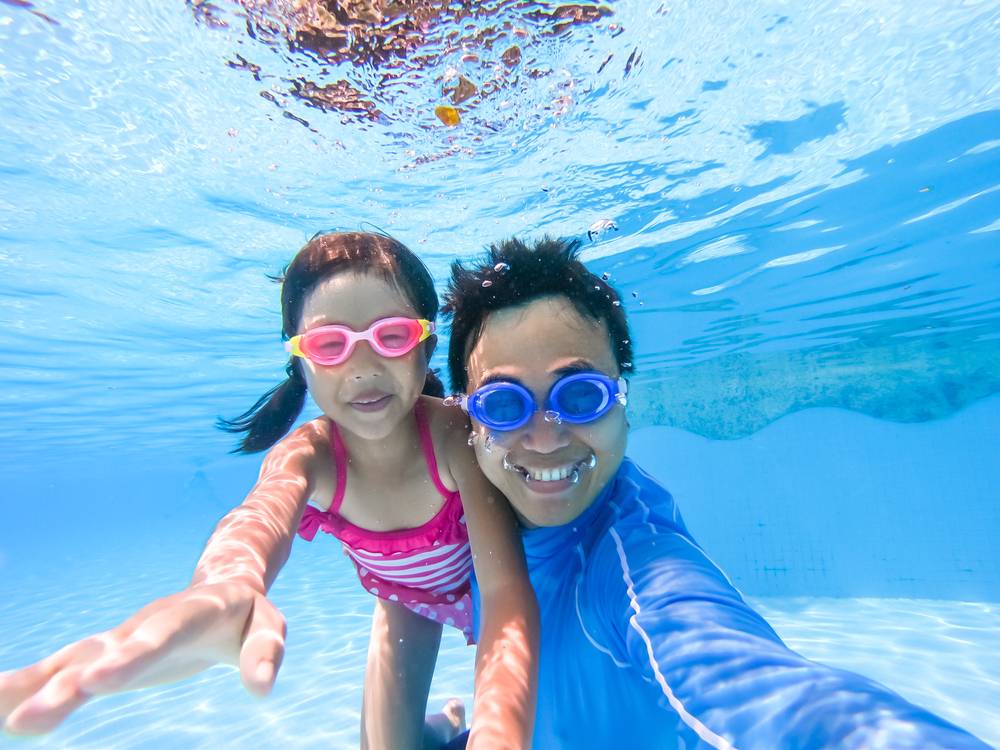
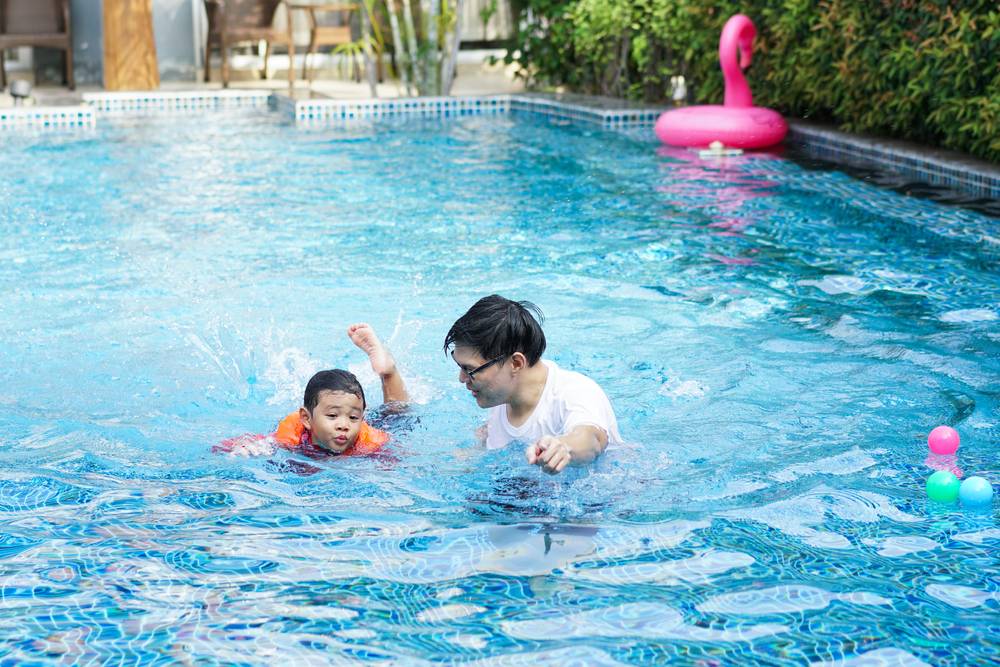
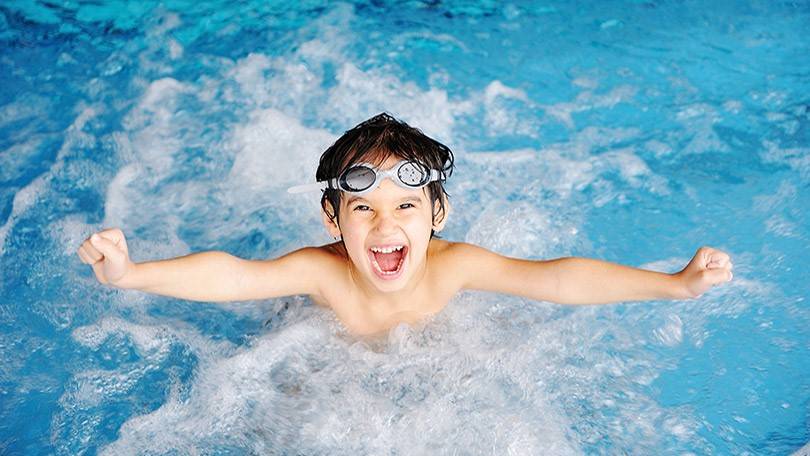
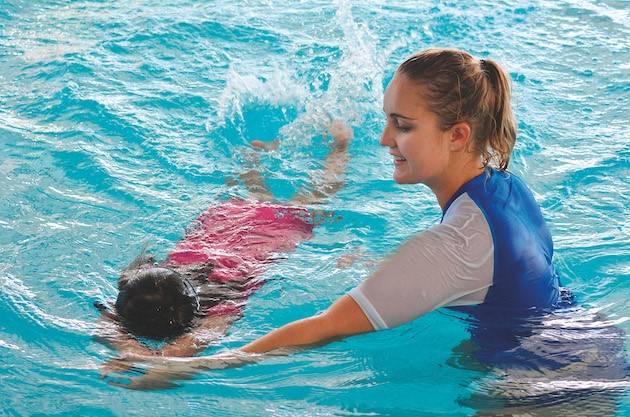
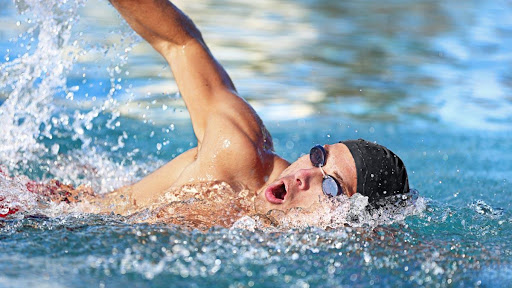
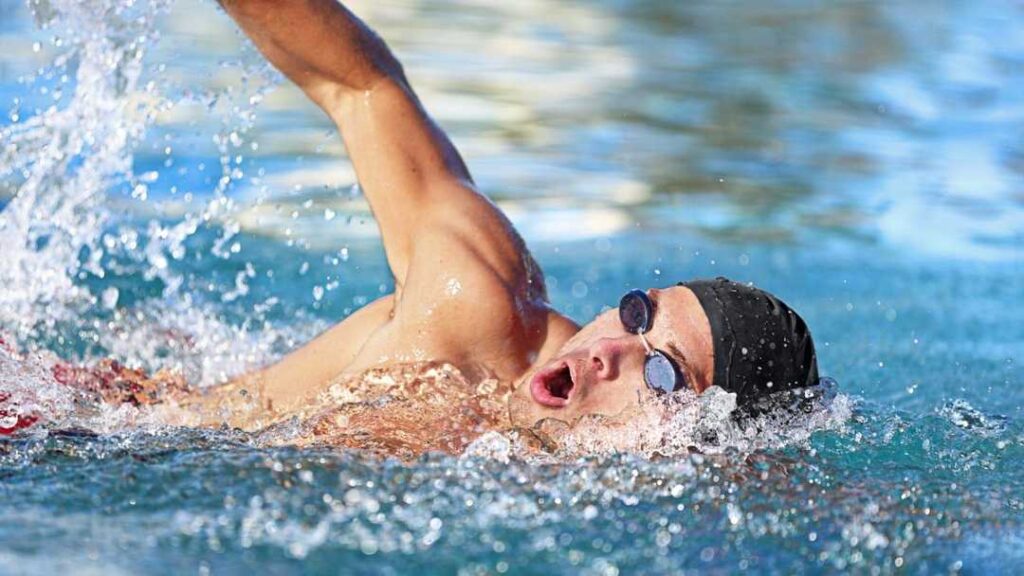

Pingback: How Many Times A Week Should You Swim?
Pingback: How Long Should You Swim For A Good Workout?